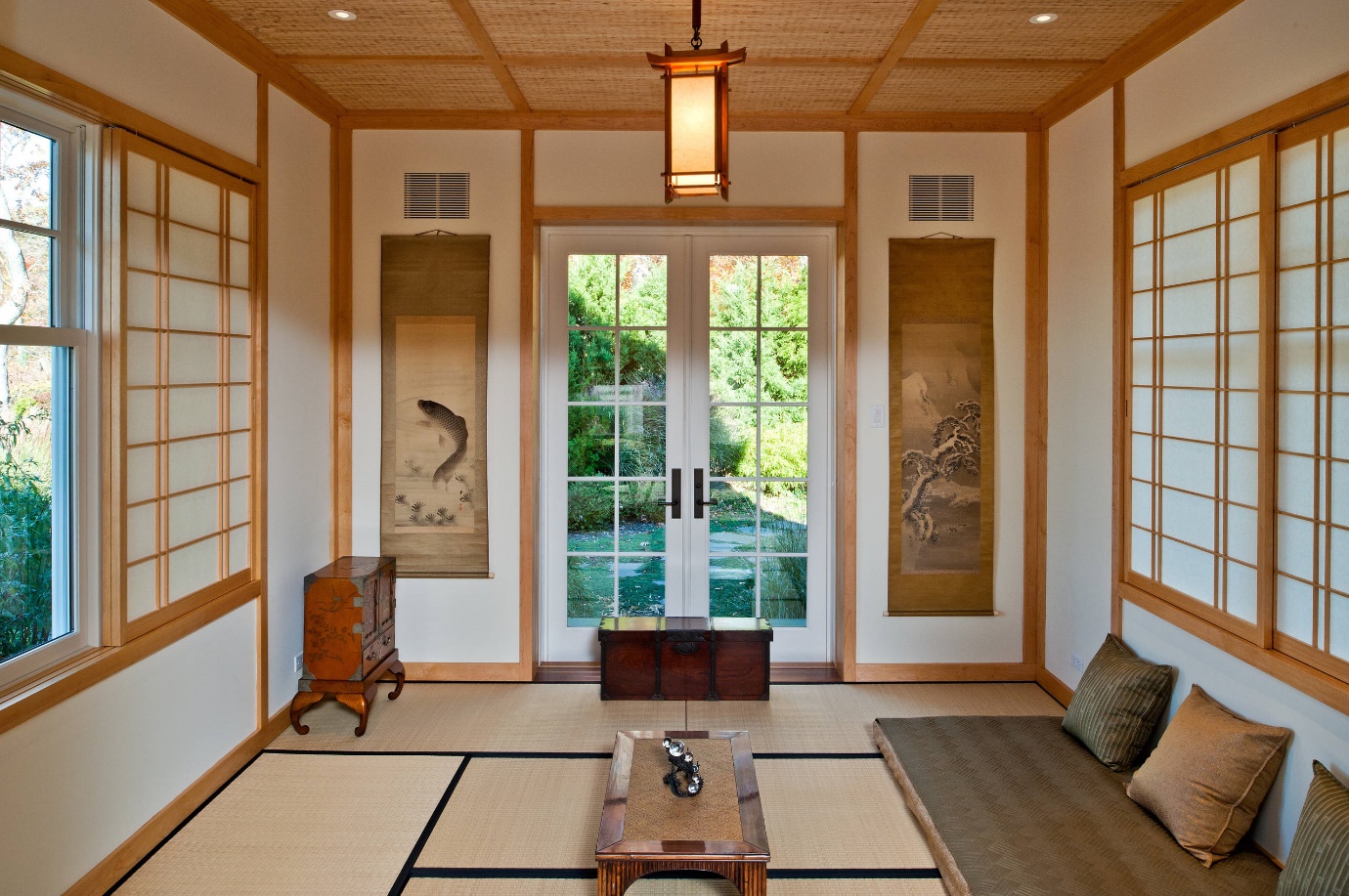Living in Japan can be one of the most rewarding experiences of your life, but it’s not without its challenges. Imagine waking up to the sound of traditional taiko drums in the morning and stepping out into a bustling city full of technology, culture, and history. This is what life in Japan feels like—a blend of old and new, simplicity and sophistication. But before you pack your bags and book that ticket, there are a few things you need to know. Let’s dive into the ins and outs of living in Japan!
When people talk about living in Japan, they often focus on the big cities like Tokyo, Osaka, or Kyoto. And while these places are amazing, there’s so much more to the country than just its urban centers. From the serene countryside to the bustling metropolis, Japan offers a unique lifestyle that combines modern convenience with deep-rooted traditions. Whether you’re moving for work, study, or simply to explore, this guide will help you navigate the ups and downs of life in the land of the rising sun.
Living in Japan isn’t just about adapting to a new environment; it’s about embracing a completely different way of life. The culture, language, and social norms can take some getting used to, but trust me, it’s worth it. So grab a cup of matcha tea, sit back, and let’s break down everything you need to know about making Japan your new home. From visas and housing to food and etiquette, we’ve got you covered!
Read also:Andrew Aziz Net Worth The Untold Story Of A Rising Star
Table of Contents
- Visa Requirements for Living in Japan
- Finding a Place to Live in Japan
- Cost of Living in Japan
- Learning the Japanese Language
- Understanding Japanese Culture
- Etiquette Tips for Living in Japan
- Navigating Japan’s Transportation System
- Exploring Japanese Cuisine
- Finding Work in Japan
- Final Tips for Living in Japan
Visa Requirements for Living in Japan
Alright, let’s start with the basics. If you’re planning to live in Japan, the first thing you need to figure out is your visa situation. Depending on why you’re moving, there are several types of visas you can apply for. The most common ones are the work visa, student visa, and spousal visa. Each comes with its own set of requirements, so it’s important to do your research.
For example, if you’re coming to Japan for work, you’ll need a work visa. This usually requires a job offer from a Japanese company or organization. On the other hand, if you’re planning to study, you’ll need a student visa, which typically lasts for the duration of your course. And if you’re lucky enough to be married to a Japanese citizen, you can apply for a spousal visa, which gives you more flexibility in terms of employment.
How to Apply for a Visa
Applying for a visa can be a bit of a headache, but don’t worry, I’ve got you covered. Here’s a quick rundown of the steps:
- Gather all the necessary documents, including your passport, application form, and any supporting documents like your job offer or acceptance letter.
- Submit your application to the Japanese embassy or consulate in your home country.
- Wait for the processing time, which can take anywhere from a few weeks to a couple of months.
- Once your visa is approved, you can book your flight and start packing!
Pro tip: Start the visa application process as early as possible. You don’t want to be stuck in limbo while waiting for your visa to come through.
Finding a Place to Live in Japan
Now that you’ve got your visa sorted, it’s time to find a place to live. Housing in Japan can be a bit tricky, especially in big cities like Tokyo and Osaka. Rent prices can vary significantly depending on the location, size, and amenities of the property. But don’t worry, there are plenty of options available, from apartments to shared houses.
Types of Housing in Japan
Here’s a breakdown of the most common types of housing you’ll encounter:
Read also:Raspberry Pi Vpc Iot Tutorial Your Ultimate Guide To Building A Cloudconnected Device
- Mansion: These are modern apartment buildings, usually found in urban areas.
- Apartments: Smaller, older buildings that are often cheaper than mansions.
- Share Houses: Great for budget-conscious travelers or those who want to meet new people.
- Houses: If you’re looking for more space, you might consider renting a house, especially in rural areas.
One thing to keep in mind is that many landlords in Japan require a guarantor, which can be tricky if you’re new to the country. To get around this, you can use a service like LIFULL HOME’S, which offers no-guarantor apartments.
Cost of Living in Japan
Let’s talk money. Living in Japan can be expensive, especially in the big cities. But don’t let that deter you—there are plenty of ways to save money and make the most of your time in Japan. Here’s a breakdown of the average cost of living:
- Rent: Expect to pay anywhere from $500 to $2,000 per month for a one-bedroom apartment, depending on the location.
- Utilities: Electricity, water, and internet can add up to around $150-$200 per month.
- Food: Eating out can be pricey, but grocery shopping is relatively affordable. A meal at a mid-range restaurant will cost you around $15.
- Transportation: A monthly train pass can cost anywhere from $100 to $200, depending on the distance.
Pro tip: Use discount apps like Gurunavi or Retty to find great deals on food and entertainment. And don’t forget to take advantage of free or low-cost activities, like visiting temples or exploring parks.
Learning the Japanese Language
Let’s be real—living in Japan without knowing Japanese can be tough. While many younger people in urban areas speak some English, don’t rely on it too much. Learning even basic Japanese can make your life so much easier. Plus, it’s a great way to connect with locals and show that you respect their culture.
Where to Start
Here are a few tips to get you started:
- Learn hiragana and katakana, the two basic writing systems in Japanese. This will help you read signs and menus.
- Download language apps like Duolingo or Lingodeer to practice vocabulary and grammar.
- Take a language course at a local school or online. Many universities offer Japanese language programs for foreigners.
And don’t forget to practice! Strike up conversations with locals, join language exchange groups, and immerse yourself in the language as much as possible.
Understanding Japanese Culture
Japanese culture is rich and diverse, with traditions that date back thousands of years. To truly enjoy living in Japan, it’s important to understand and respect these cultural nuances. From the importance of politeness to the concept of “wa” (harmony), there’s a lot to learn.
Key Cultural Concepts
Here are a few cultural concepts you should know about:
- Politeness: Japanese people value politeness and respect above all else. Always use honorific language when speaking to elders or superiors.
- Wa: The concept of harmony is central to Japanese culture. Avoid conflict and strive to maintain a peaceful atmosphere in all situations.
- Gift-Giving: Gift-giving is a common practice in Japan, especially during special occasions like New Year’s or weddings. Make sure to wrap your gifts neatly and present them with both hands.
Pro tip: If you’re invited to someone’s home, always bring a small gift, like a box of sweets or a bottle of sake. It’s considered polite and shows that you appreciate the invitation.
Etiquette Tips for Living in Japan
Etiquette is a big deal in Japan, and following the rules can make a huge difference in how you’re perceived. Here are a few etiquette tips to keep in mind:
- Remove your shoes before entering someone’s home or certain establishments like traditional ryokans.
- Don’t tip! Tipping is not a common practice in Japan and can sometimes be considered rude.
- Use chopsticks properly. Never stick them upright in your rice or pass food directly from chopstick to chopstick.
And remember, politeness is key. Always say “sumimasen” (excuse me) when you need to get someone’s attention, and “arigatou gozaimasu” (thank you) when expressing gratitude.
Navigating Japan’s Transportation System
Japan’s transportation system is one of the best in the world, but it can be overwhelming at first. From trains to buses to subways, there’s no shortage of options to get around. Here’s what you need to know:
Getting Around
Here are a few tips for navigating Japan’s transportation system:
- Invest in a Suica or Pasmo card. These rechargeable IC cards can be used on most trains, buses, and even vending machines.
- Download a train app like Hyperdia or Jorudan to help you plan your routes and avoid delays.
- If you’re planning to travel long distances, consider getting a Japan Rail Pass, which offers unlimited travel on JR trains for a set period.
Pro tip: Always check the train schedules carefully. Trains in Japan run like clockwork, so being late by even a minute can mean missing your train.
Exploring Japanese Cuisine
Let’s talk about the best part of living in Japan—food! From sushi and ramen to tempura and yakitori, Japan has an incredible variety of delicious dishes to try. And the best part? You can find great food at every price point.
Must-Try Dishes
Here are a few dishes you absolutely need to try:
- Sushi: Fresh, delicious, and available everywhere from high-end restaurants to convenience stores.
- Ramen: A hearty bowl of noodles in a rich broth, perfect for a quick and satisfying meal.
- Tempura: Lightly battered and fried seafood or vegetables, served with a dipping sauce.
- Yakitori: Grilled chicken skewers, often served at izakayas (Japanese pubs).
Pro tip: Don’t be afraid to try local specialties when you’re traveling outside of the big cities. Every region in Japan has its own unique dishes that are worth exploring.
Finding Work in Japan
If you’re moving to Japan for work, you’re in luck. The job market in Japan is diverse, with opportunities in fields like teaching, technology, and hospitality. But finding a job can be competitive, so it’s important to stand out from the crowd.
Where to Look for Jobs
Here are a few places to start your job search:
- Job boards like GaijinPot or Japan Times.
- Networking with other expats and locals in your industry.
- Attending job fairs or career events specifically for foreigners.
Pro tip: Tailor your resume and cover letter to Japanese standards. This means including a headshot, listing your education and work experience in reverse chronological order, and highlighting any relevant language skills.
Final Tips for Living in Japan
Living in Japan can be an incredible experience, but it’s not without its challenges. Here are a few final tips to help you make the most of your time in Japan:
- Be open-minded and embrace new experiences. Whether it’s trying a new food or attending a local festival, every moment is an opportunity to learn and grow.
- Respect the culture and traditions of Japan. Show appreciation for the country and its people, and you’ll be rewarded with kindness


